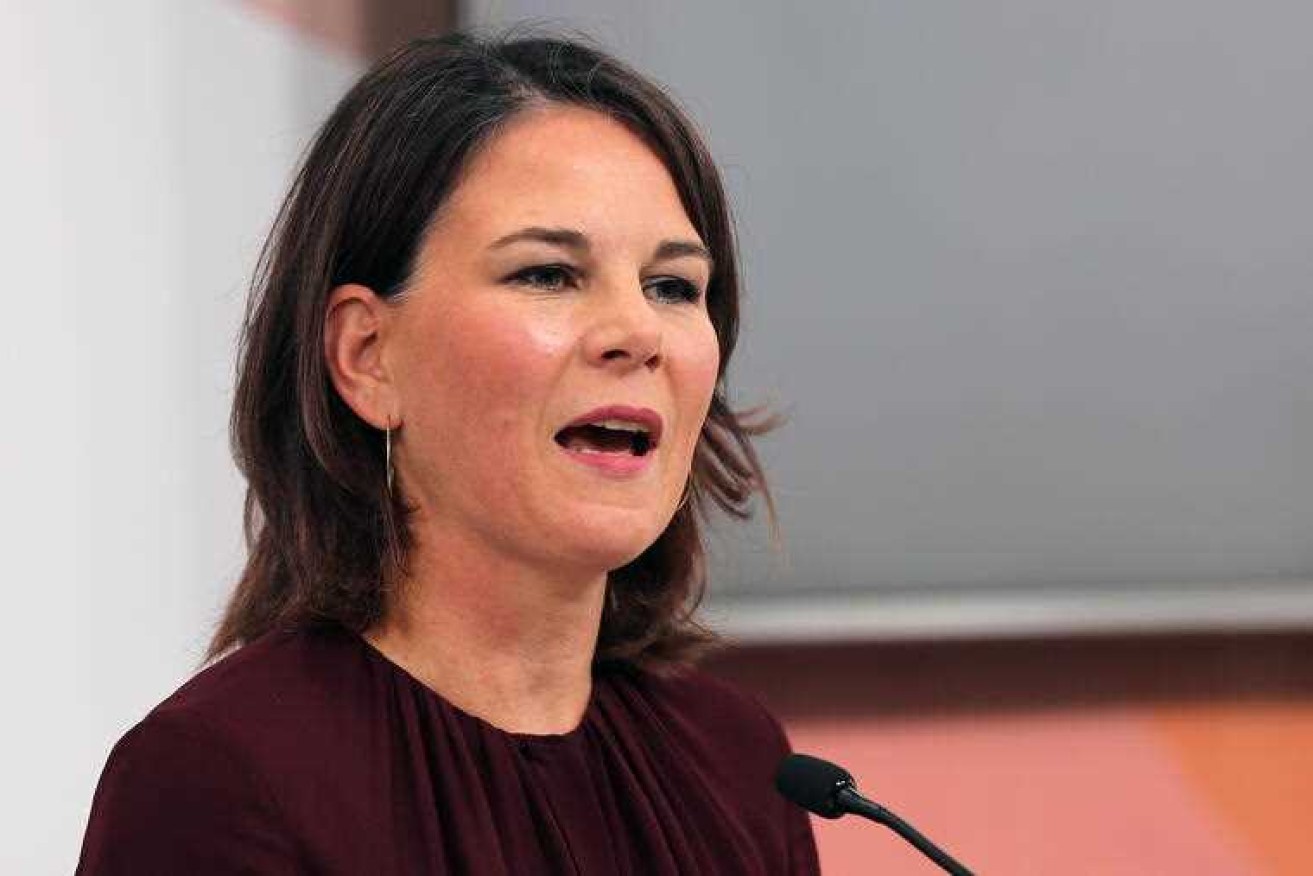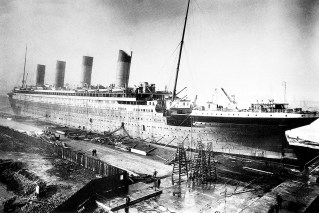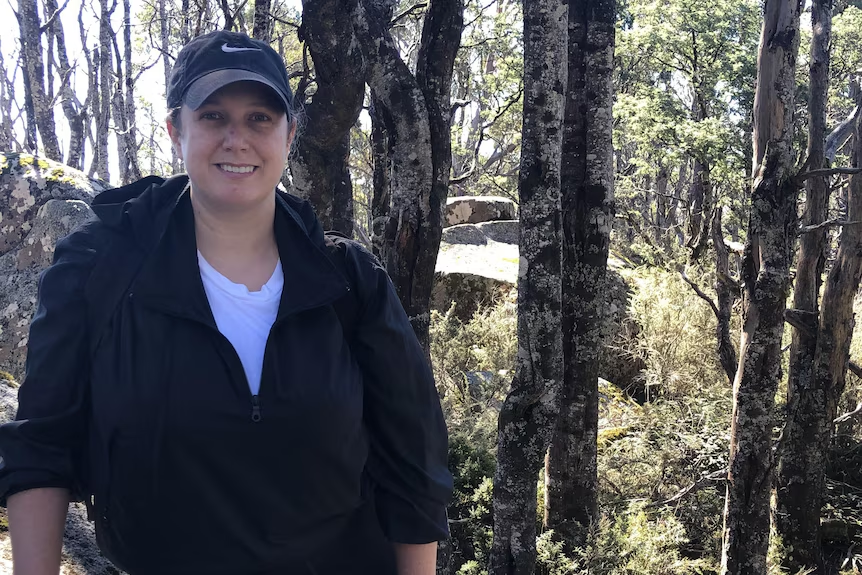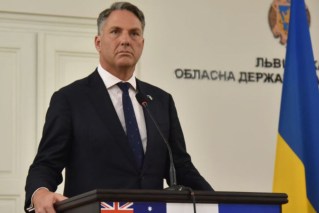Germany backs Australia’s strategy on China

Germany's Foreign Minister Annalena Baerbock says Germany has learned from Australia's foreign and security policy with China. Photo: EPA
Germany will look to Australia as it develops a roadmap to handle China, including moving away from economic reliance and protecting its national security.
Foreign Minister Annalena Baerbock said Germany learnt a painful lesson about over-reliance when vulnerabilities were exposed in the energy market after Russia invaded Ukraine.
“We don’t want to repeat that mistake,” she told the Lowy Institute in a virtual address on Tuesday.
Ms Baerbock said as Beijing changed, so must European policy after Germany released a specific China strategy last month.
The Foreign Minister said Germany had kept a close eye on Australia’s foreign policy, particularly Canberra’s ban on Chinese company Huawei from the 5G network and foreign investment regulations.
“We are also looking more closely at the actors that are investing in our critical infrastructure – in our ports, roads or telecommunications networks,” she said.
“That’s why we will strengthen foreign and security policy criteria in the investment screening process.
“We have learned a lot from Australia in this.”
She said China was becoming more of a competitor and systemic rival rather than just a partner as Beijing seeks to bend the international order “using not only military might but also economic clout” and called Australia a role model for not bowing to Beijing’s pressure.
Ms Baerbock said she wanted to change nations being forced to rely on Chinese supply chains due to a lack of other options.
She pointed to lithium mining in Australia, where 90 per cent is sent to China to be processed.
The European Union imports more than 90 per cent of its processed lithium from China.
“What we seek to do is to de-risk our economic relationships and crucially, that means diversifying,” Ms Baerbock said.
This includes in the Indo-Pacific, with around one-fifth of Germany’s trade coming from the region.
But while China accounts for a large share, the Southeast Asian block ASEAN is Germany’s third largest trading partner outside of Europe.
Channelling former Australian foreign minister Herbert “Doc” Evatt, who played a leading role in setting up the United Nations after World War II, Ms Baerbock said there was an important role for middle powers to play in international affairs.
She said Australia’s strong resolve in supporting Ukraine and condemning Russia for its illegal invasion had not been overlooked in Europe and that Germany would “not turn a blind eye when these rules are broken”.
“Although oceans might separate us, Germany and Australia have a common understanding of the enormous challenges we face,” she said.
Ms Baerbock said joint action on climate change was also crucial.
-AAP








